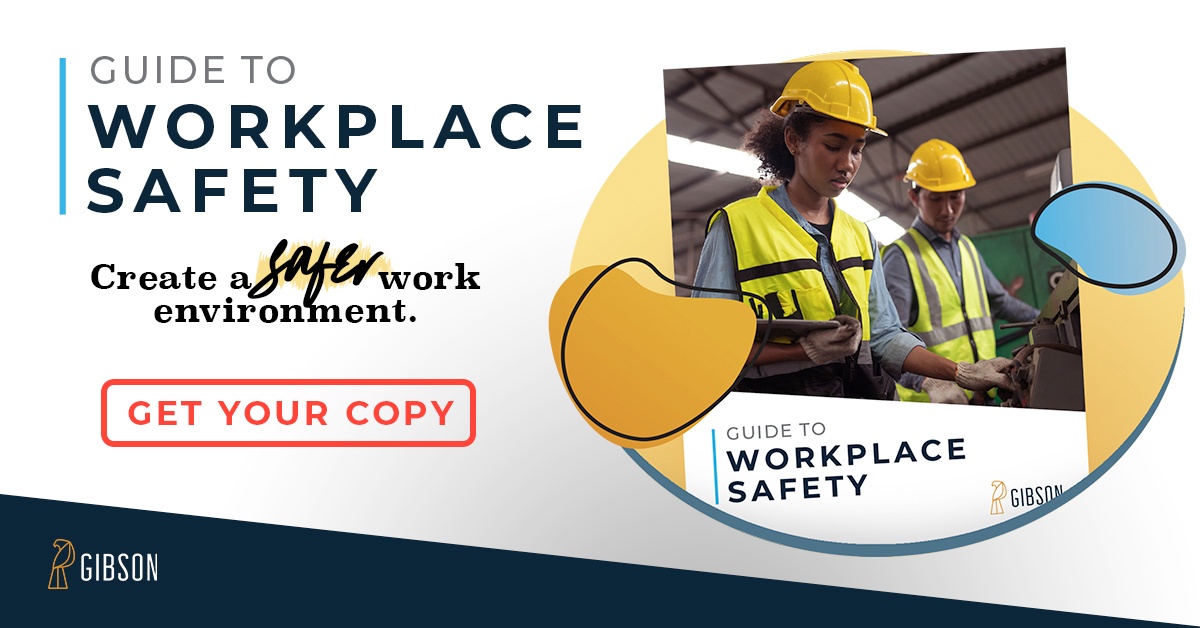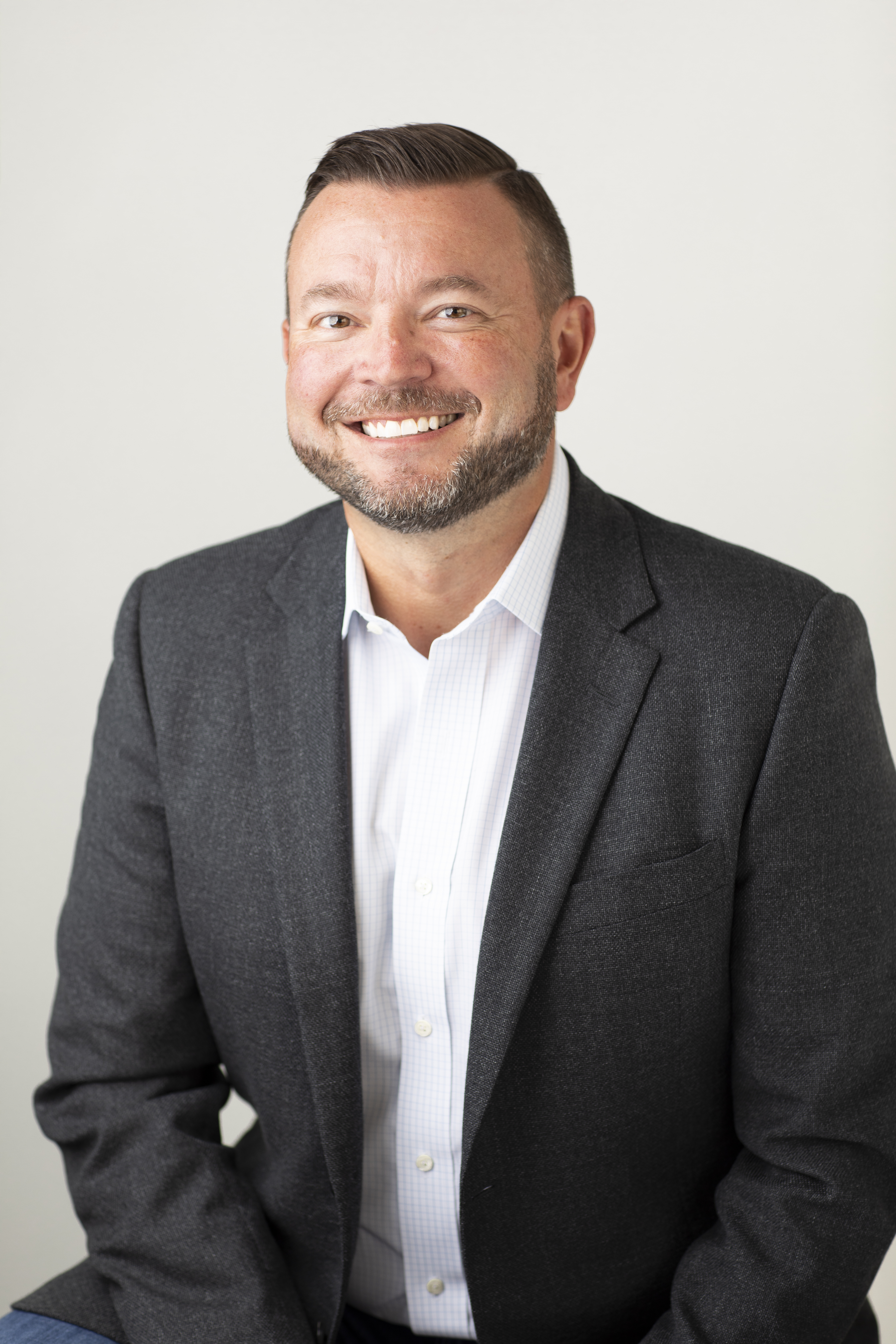"You have a brand whether you like it or not", said my friend Larry Linne, co-author, along with Patrick Sitkins, of the new book Brand Damage: It's Personal.
"We live in a world today where you can't hide", he continued. "The way people think of you is being broadcast everyday. You can manage it or just let it happen."
Patrick and Larry have been working together for a number of years teaching classes and running seminars on branding. Larry will tell you they share a passion for this subject. "We've seen too many people at the extremes. Some do it really well and create an environment where people want to help them. The other extreme is some of the really stupid things people do to destroy their brand. The world doesn't think much of them and they usually don't even know it."
So what is a personal brand? "Simply put, it's what people think of you", said Patrick. Said another way, it's really just someone's "gut feel" about you.It seems then that brand is mostly about what you're doing to impact it, right? "Not really", said Larry. "It's also about what you don't do. I had a guy come up to me once at a seminar and he said, 'Larry, good stuff, but I don't have to worry about this. Search the web all you want. You won't find anything about me!' and I thought to myself 'exactly'."
Larry described this situation as being just as damaging as a bad brand. "He screams 'no brand and no expertise' or 'I'm afraid of technology', neither of which are good."
"Your brand almost always proceeds you these days," says Patrick. "Success or failure then is already in motion before you ever meet someone." Wow. That's huge. You're ahead or behind before you even make the big pitch.
Larry added, "Research shows that people spend an average of four minutes online checking you out before they meet you. And it's not just business anymore. Even in your personal life, how many people skip exchanging contact information and just say 'I'll look you up online'?"
So you better hope that what they find in those four minutes speaks to what you want them to think about you. "They pre-conceive opinions about you. It can ruin you or it can catapult you forward, shortening the hours you would normally spend establishing your reputation the old way," Larry commented.
I got the point they were making about personal branding, but why does it matter to my organization. As fellow CEO friend of mine says, "We own our company brand and expect our people to own their brand."
"Today the company brand is a culmination of the brands of the individuals in the firm. That's actually pretty scary when you think about it. Most leaders do a decent job building the company brand. But anymore, it's just as important - and maybe even more important - to consider the brands of your people!" Larry exclaimed.
But what about those that say you need to become excellent at something first and let your brand build from the great work you do? "I agree wholeheartedly," said Patrick. "It's like building a house. Your value and expertise are the foundation. But if you think you don't have a brand already, you're wrong. So before you get too far building the house, you better have a plan to make sure it turns out the way you want."
Patrick helped me outline some simple actions to get started.
- Google yourself. See what comes up. Which pictures, which articles, what sites? Is it the old "Spring Break '91" photo on Facebook or your LinkedIn profile? You'll get a feel for your online brand.
- Find a couple of candid friends, co-workers, or clients. Ask them about your personal brand. What are you known for? Does it match with what is online? With what you think it is?
- Identify what you want your brand to be. What's your area of expertise? What do you enjoy? How can you help others? It's really about prioritizing.
- Proactively project it. Every time. Always. Sync your headshot photo from your work bio, Twitter and LinkedIn. Share your expertise by speaking and writing. Talk the talk, but also walk the walk in your community.
What's The Risk?
For starters, the first risk of "brand damage" is to be random in a world that is broadcasting its story of you every day whether you like it or not. "Picture your life as this huge amplifier screaming out a story about you. Do you want to be in control of that dialogue or give it to others?" commented Linne.
Second, organizations are being taken down by poor individual brands. "Right now, many don't realize just how big their exposure is on this." added Larry. "Employers have to get out in front of it. The ones that don't, will continue to pay for it."
Here's the good news.This really should be viewed as an opportunity. If you can harness personal branding within your organization, you can create a huge advantage over your competitors. So your choice is to proactively manage your story or someone else will. That should be an easy answer.



